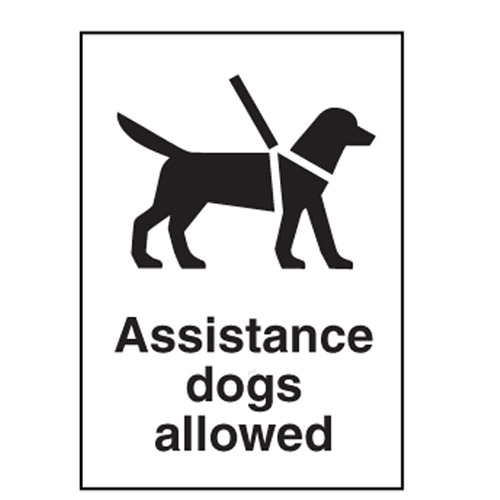My name is Naomi.
They say that I was born in the Netherlands, but if you ask me, I’m not.
I never had the feeling of being home, not even in the house that they called my home.
For years I struggled to find it, but I failed every time.
I ran away multiple times and lost more then I expected.
After all that, I realized.
I was simply born in my body.
In my childhood days I had to ignore and endure the pain my body felt on a daily basis.
Stop whining, just carry on and stop clowning around.
I always had to remember, that my mom was the one with chronicle pain and not me.
It were the days that her thoughts and pain were leading my life and I was only seeking attention.
I remember myself sitting in my room, with my strawberry blond hair wrapped up in pig tails,
freckles all over my face and braces.
It was my safe haven in a house where I didn’t belong.
I had the feeling that my room had the power to protect me, nothing bad ever had happened in there,
till the day that I was behind my computer searching for friends to talk to, after a big fight with my brother.
My brother intervened a quarrel between my mother and I, something he always did.
He told me I had to stop asking my mother for help, that I should cut her some slack and let her be.
Mom already had enough on her mind and my teenage problems weren’t of her concern.
After the necessary screams and belittlement I fled upstairs.
I stopped and waited for a few minutes in the hallway, in case he would follow me.
I listened to my brother arguing with my mother, hearing them argue about me.
When I almost couldn’t hear them anymore, I went to my room.
When I was lying in my bed, I heard angry footsteps on the stairs.
My body shook and I tried to run to the hallway, but it was too late.
I always tried to prevent him from entering my room.
This time my efforts were in vain.
My body felt like stone, I couldn’t move.
I saw his intimidating and angry stature drawing nearer and nearer.
He pushed me into the window frame several times, threatening me.
Screaming so much I don’t even remember what he was screaming about.
He raised his hand, ready to strike out to finish it once and for all.
That was when my other brother, let’s call him Andrew, rushed in.
He probably was smoking a joint in his room to escape from reality, but I guess something in his brain knew that there was no way out.
I remember them arguing and shouting at each other in MY room.
As if what happened previously wasn’t already awful enough.
But I didn’t care anymore, my safe haven was already ruined.
I silently waited for this to end, until I heard Andrew’s following words.
“No matter who did what, that’s your little sister. You will have to work it out together.”
With that being said, I sneaked out.
This was the last time Andrew helped me.
He soon moved out to be with his girlfriend and the situation became worse than ever.
Now my both ways to protect myself disappeared and I felt completely alone.





